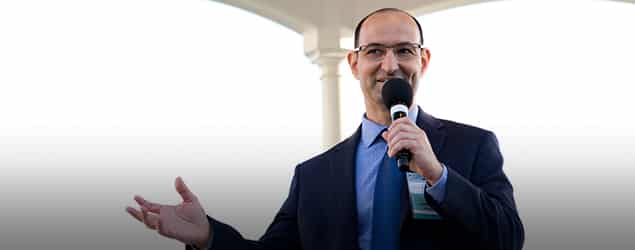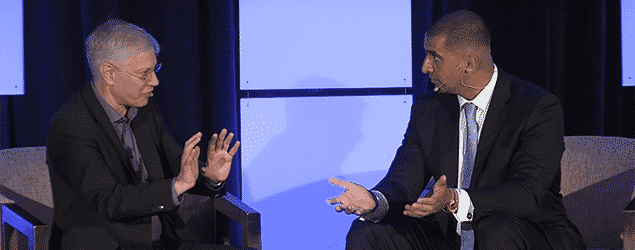New Journal Article by Yaron Brook and Don Watkins: Threats to Political Equality

“In Equal Is Unfair, we champion the political equality supported by the Founding Fathers, and show how the fight against economic inequality threatens it,” said Don Watkins. “In this article, we are able to go much more deeply into the evolution of the concept of political equality, why it was such a profound achievement, and why it is at risk today.”
Watkins was talking about his recent article, co-authored with Ayn Rand Institute executive chairman Yaron Brook, titled “How the Campaign Against Economic Inequality Undermines Political Equality” and published in the June 2017 edition of the Journal of Law & Public Affairs of the University of Pennsylvania.
Watkins — who is a former ARI fellow and currently director of education at the Center for Industrial Progress — and Brook are the authors of Equal Is Unfair: America’s Misguided Fight Against Economic Inequality.
Here is the introduction to the new article (footnote omitted):
In contemporary political and economic debates, the “political left” has identified inequality as a central problem, while the “political right” has downplayed the problems associated with inequality and argued that the left prioritizes equality over liberty. Both perspectives err in failing to distinguish political equality from economic equality—and in failing to recognize that there is an inescapable conflict between these two conceptions of equality. The current drive to shrink economic inequality, we argue, subverts a crucial political ideal that remains to be fully realized: a government that protects the equal individual rights of all citizens.
In this paper we show that political equality is a political ideal that grew out of the Enlightenment debate over the source and nature of political authority, a debate which led the best Enlightenment thinkers to conclude that the only legitimate purpose of government is the protection of the equal rights of individuals. It was the ideal of political equality that formed the intellectual foundation of the creation of the United States. Political equality, however, necessarily entails dramatic economic inequality: when the government protects the equal rights of individuals, those individuals will and should enjoy substantially different economic outcomes. By contrast, the government can only fight economic inequality through political inequality: by bestowing special privileges on some and placing special burdens on others. We conclude by noting that there is an inequality crisis in the United States today, but it is a crisis of political inequality, not economic inequality.
Read the whole article here.









